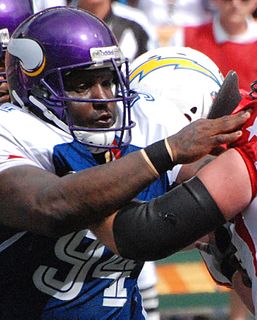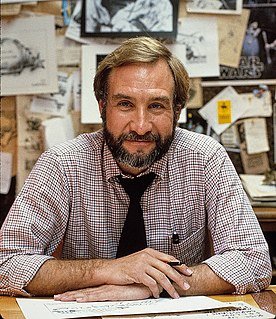A Quote by Veronica Roth
This is how we came by our factions: Candor, Erudite, Amity, Abnegation and Dauntless." Max smiles. "In them we find administrators and teachers and counselors and leaders and protectors. In them we find our sense of belonging, our sense of community, our very lives.
Related Quotes
Abnegation produces deeply serious people. People who automatically see things like need,” he says. “I’ve noticed that when people switch to Dauntless, it creates some of the same types. Erudite who switch to Dauntless tend to turn cruel and brutal. Candor who switch to Dauntless tend to become boisterous, fight-picking adrenaline junkies. And Abnegation who switch to Dauntless become . . . I don’t know, soldiers, I guess. Revolutionaries.
We read novels because we need stories; we crave them; we can’t live without telling them and hearing them. Stories are how we make sense of our lives and of the world. When we’re distressed and go to therapy, our therapist’s job is to help us tell our story. Life doesn’t come with plots; it’s messy and chaotic; life is one damn, inexplicable thing after another. And we can’t have that. We insist on meaning. And so we tell stories so that our lives make sense.
THE POWER OF THE GROUP We all want to feel a sense of belonging. This isn’t a character flaw. It’s fundamental to the human experience. Our finest achievements are possible when people come together to work for a common cause. School spirit, the rightful pride we feel in our community, our heritage, our religion, and our families, all come from the value we place on belonging to a group.
When we can let go of what other people think and own our story, we gain access to our worthiness—the feeling that we are enough just as we are and that we are worthy of love and belonging. When we spend a lifetime trying to distance ourselves from the parts of our lives that don’t fit with who we think we’re supposed to be, we stand outside of our story and hustle for our worthiness by constantly performing, perfecting, pleasing, and proving. Our sense of worthiness—that critically important piece that gives us access to love and belonging—lives inside of our story.
Peace is not just the absence of war, it is the active presence of a capacity for love and compassion, and reciprocity. It is an awareness that our lives are not to be lived simply for ourselves through expressing our individuality, but we confirm the purpose of our lives through the work of expressing our shared sense of community in a purposeful and practical way; to sustain our own lives we sustain the lives of others - in family, in a community of neighborhoods called a city, and in a community of nations called the world.
Our stories are not meant for everyone. Hearing them is a privilege, and we should always ask ourselves this before we share: "Who has earned the right to hear my story?" If we have one or two people in our lives who can sit with us and hold space for our shame stories, and love us for our strengths and struggles, we are incredibly lucky. If we have a friend, or small group of friends, or family who embraces our imperfections, vulnerabilities, and power, and fills us with a sense of belonging, we are incredibly lucky.
Heroes are necessary in order to enable the citizens to find their own ideals, courage and wisdom in the society. The hero carries our hopes, our aspirations, our ideals, our beliefs. In the deepest sense the hero is created by us; he or she is born collectively as our own myth. This is what makes heroism so important: it reflects our own sense of identity and from this our own heroism is molded.
In scripture we are told of some trusting in God and others trusting in idols, and that God is our refuge, our strength, our defense. In this sense God is the rock of his people, and false Gods are called the rock of those that trust in them. In the same sense the Gods of the King who shall do according to his will are called Mahuzzims, munitions, fortresses, protectors, guardians, or defenders.


































